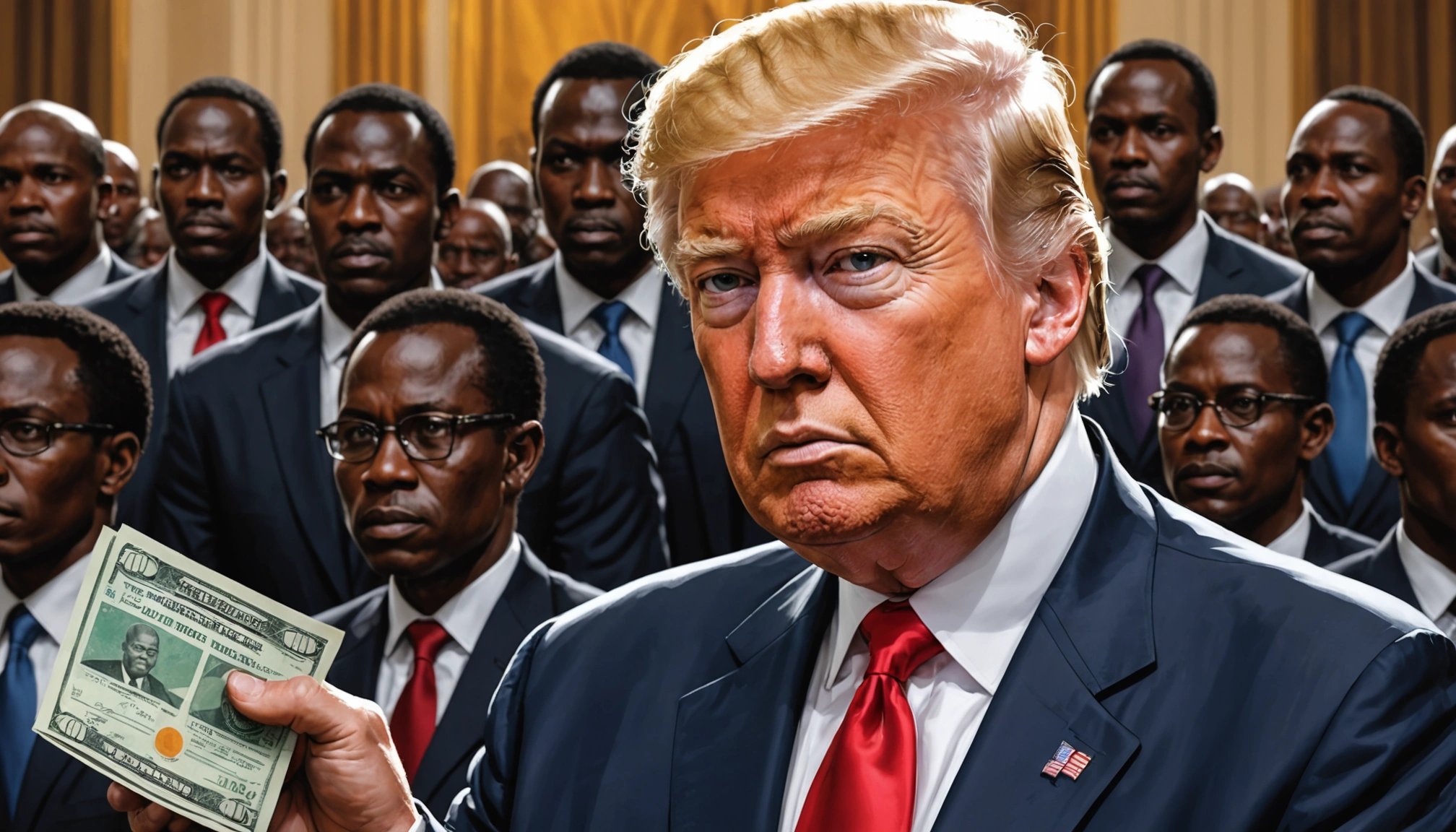German Court Grapples With Ban on Right-Wing Extremist Magazine

A German court is currently deliberating the legality of a ban imposed on Compact, a magazine classified as right-wing extremist by domestic intelligence, raising critical questions about the balance between freedom of the press and the need to protect constitutional order. The case, being heard at the Federal Administrative Court in Leipzig, centers on whether the previous government acted appropriately in banning the publication in July 2024.
The magazine was banned by then-Interior Minister Nancy Faeser, who described Compact as "the central mouthpiece of the far-right extremist scene." Faeser asserted that the magazine incited hatred against Jews, people with migrant backgrounds, and Germany's parliamentary democracy. The Interior Ministry justified the ban by stating that Compact rejected the constitutional order and displayed an anti-constitutional attitude through numerous articles.
Compact challenged the ban, arguing that it infringed upon press freedom. The Federal Administrative Court provisionally suspended the ban shortly after it was imposed, allowing the magazine to continue publishing while the legal proceedings were ongoing. This initial suspension highlighted the court's concern about potentially disproportionate limitations on freedom of expression.
Arguments For and Against the Ban
The core of the legal debate revolves around whether statements published in Compact should be protected as expressions of opinion under press freedom laws, or whether they constitute a concrete threat to the constitution. The Interior Ministry presented over 240 pages of excerpts from the magazine to the court, including terms and statements such as "Passdeutsche" (passport Germans), "Volksaustausch" (great replacement), and "Vernichtungsschlag gegen das deutsche Volk" (destruction of the German people).
Wolfgang Roth, the legal representative for the Interior Ministry, argued that these passages demonstrate Compact's aim to achieve "absolute homogeneity or a rescue of the intercultural identity of the German people." He contended that the magazine's content promotes a racist and ethnic-nationalist concept of society, denying those deemed "ethnic strangers" the right to belong to the nation. The ministry also pointed to the magazine's dissemination of antisemitic, anti-minority, historically revisionist, and conspiracy theory content.
The defense team for Compact rejected these accusations as polemics. Lawyer Ulrich Vosgerau argued that the statements made in the magazine did not reveal any "political concept pursuing an anti-constitutional goal." The defense maintains that the ban is a dictatorial attack on German press freedom.
Freedom of the Press vs. Protection of the Constitution
Article 5 of the Basic Law of Germany guarantees freedom of the press and reporting. However, this right is not absolute and can be restricted by "general laws." The court must determine whether Compact's content crossed the line from protected speech into incitement or a genuine threat to the constitutional order.
Germany places a high value on press freedom, ranking 10th out of 180 in Reporters Without Borders' world press freedom index. However, there is also a particular sensitivity towards right-wing extremist statements due to Germany's historical responsibility. The denial of the Holocaust, for example, is a punishable offense.
The case highlights the inherent tension between protecting fundamental rights and safeguarding democracy from extremist ideologies. The court must weigh the importance of free speech against the potential harm caused by the dissemination of hate speech and anti-constitutional propaganda.
Compact's Reach and Influence
Compact is a monthly magazine and multimedia company headquartered in Falkensee, near Berlin. According to the Federal Office for the Protection of the Constitution (BfV), Germany's domestic intelligence agency, the magazine sells approximately 40,000 print copies per month. Its online presence is significantly larger, with over 513,000 subscribers to its YouTube channel as of June 10, 2025.
The BfV has described Compact as part of a "resistance movement" and a key player in the "new right" scene. The agency's 2023 report dedicated an entire page to the magazine, highlighting its agitation against the federal government and the current political system. The report also noted Compact's ties to right-wing extremist groups like the German Identitarian movement (IBD) and the "Freie Sachsen" (Free Saxons) party.
The magazine's editor-in-chief, Jürgen Elsässer, has stated that Compact aims to "topple this regime." The BfV cites examples of the magazine's use of conspiracy theories to agitate against state institutions and pluralist society, as well as its promotion of historic revisionist content and antisemitic narratives.
Implications of the Ruling
The court's ruling in this case will have significant implications for the scope of press freedom in Germany and the government's ability to combat right-wing extremism. A decision to uphold the ban would send a strong message that the state will not tolerate the dissemination of hate speech and anti-constitutional propaganda under the guise of journalism. Conversely, overturning the ban would reaffirm the importance of protecting even controversial or offensive speech, raising concerns about the potential for extremist views to spread unchecked.
The case also has broader implications for other European countries grappling with the rise of right-wing extremism and the challenges of regulating online content. The German court's decision could serve as a precedent for how to balance freedom of expression with the need to protect democratic values and social cohesion.
As the court continues its deliberations, the future of Compact magazine and the broader debate over the limits of press freedom in Germany remain uncertain. The ruling, expected in the coming weeks, will undoubtedly shape the landscape of political discourse and the fight against extremism in the country.
Related Articles


